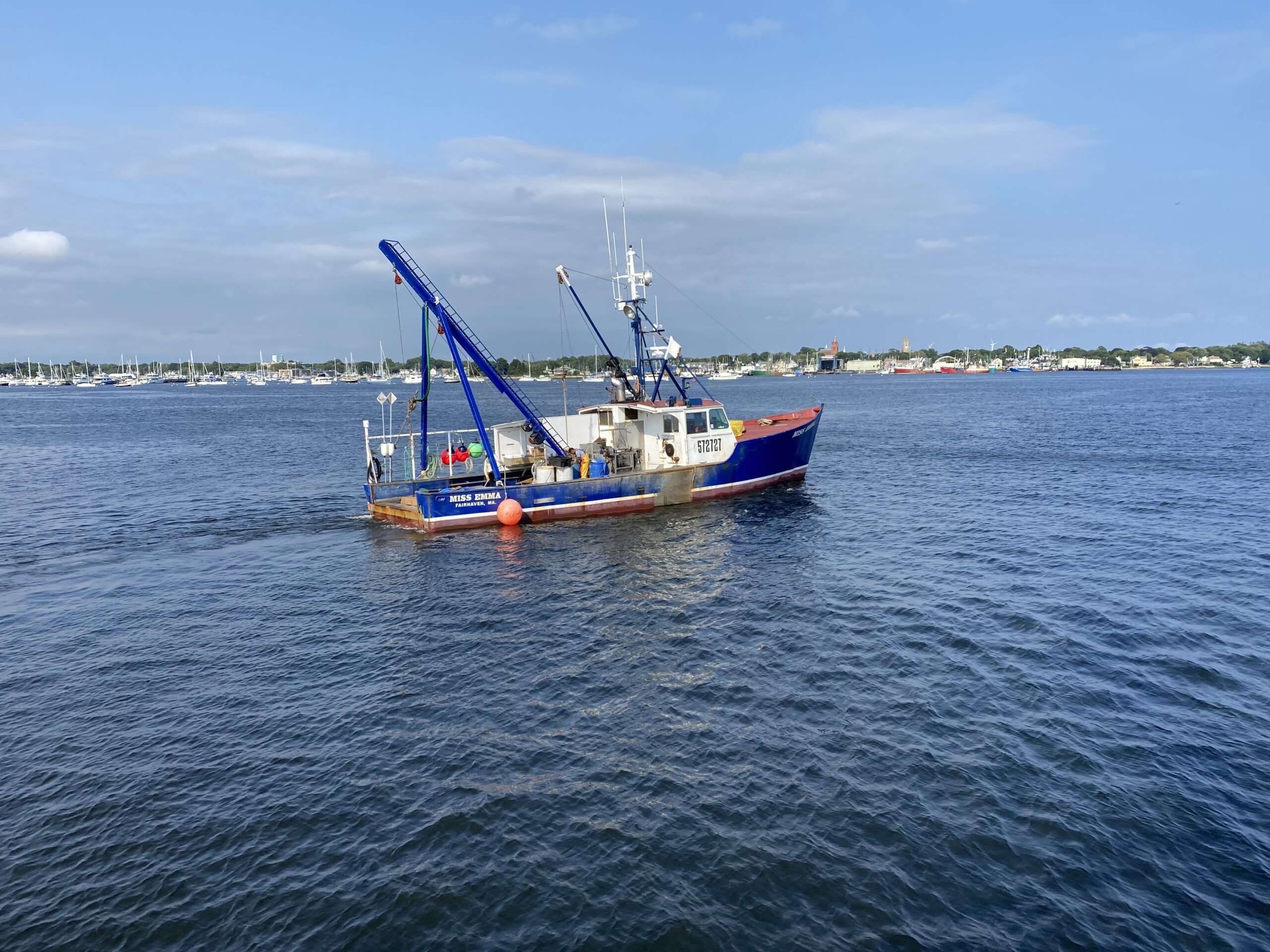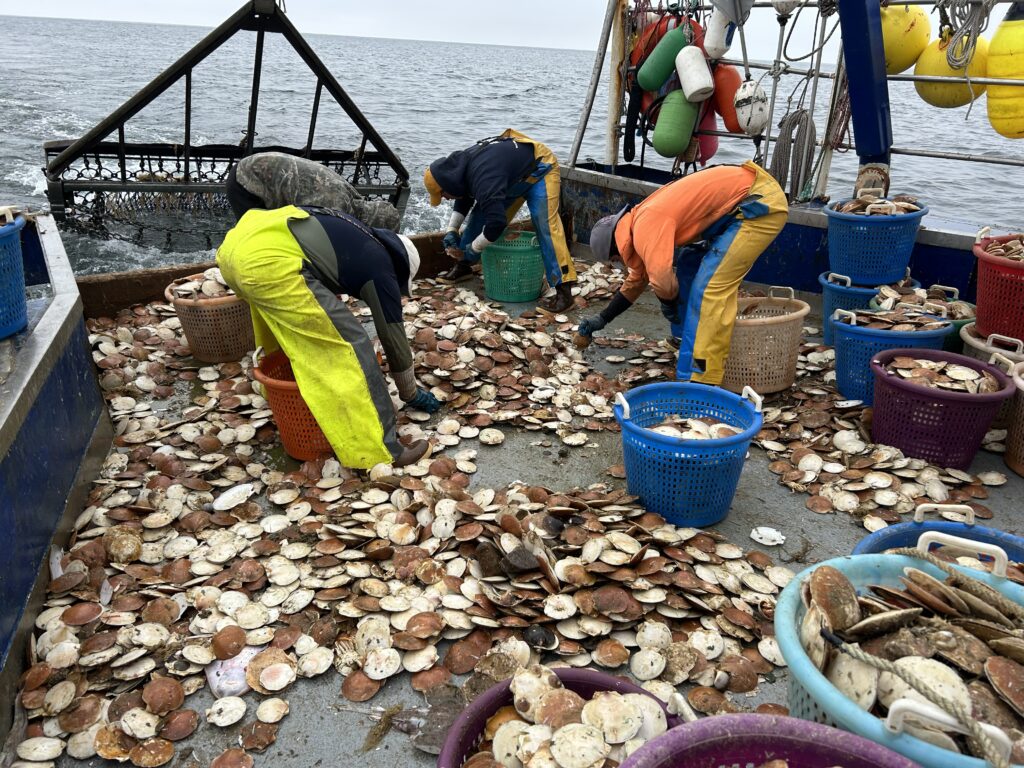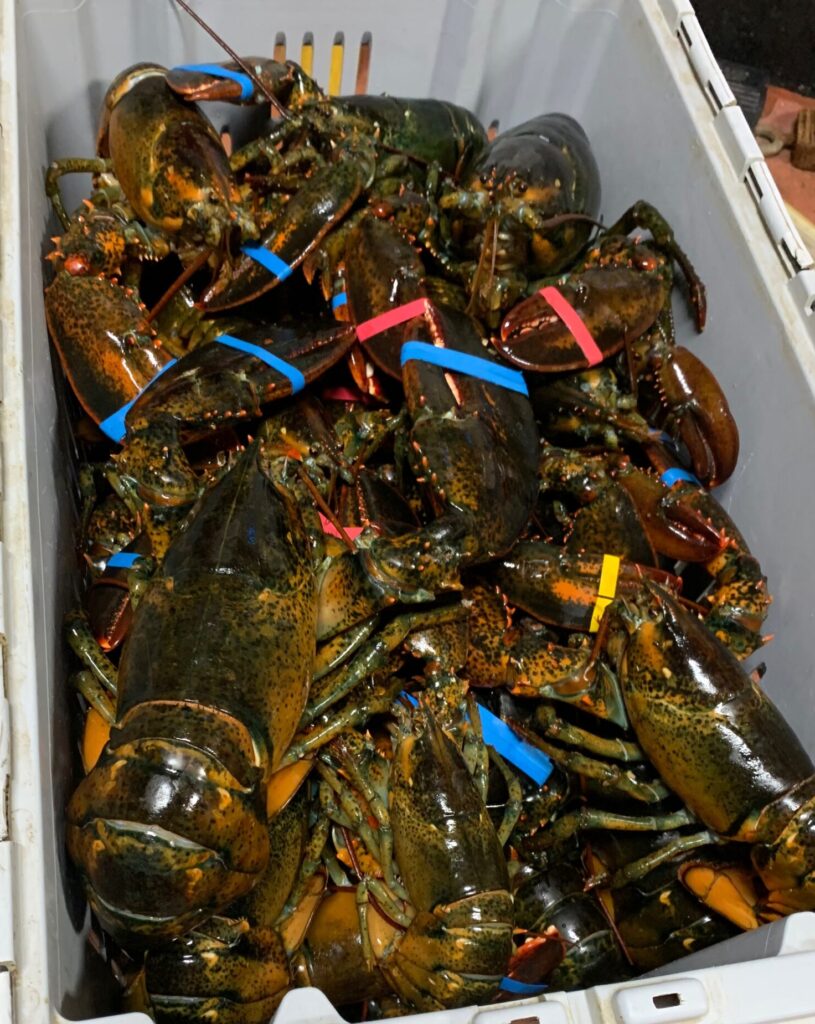
Improving Sustainability in Seafood
We are committed to providing sustainable seafood, sourced from healthy populations and protected against overfishing and ecosystem damage through strict regulations. Our traceability ensures that every pound of seafood can be traced back to its harbor of origin, guaranteeing sustainable harvesting methods. Join us in supporting a healthy marine ecosystem.
Ensuring Food Security through Sustainable Seafood
As the world’s population continues to grow, the importance of fishermen in ensuring food security increases. Relying on sustainably sourced seafood helps enhance food security by reducing dependency on imported seafood. This strengthens the resilience of the food supply chain and ensures a stable source of nutritious food for communities across our nation. Fishermen help build a system of relevant food products while reducing dependency on imports and non-nutritious processed food products.
The Ocean’s Role in Sustainability
The ocean is often overlooked when considering viable solutions to food insecurity and healthy eating, especially when comparing it to livestock and agriculture production. However, it is interesting to note that wild-caught fisheries boast some of the lowest carbon emissions compared to other animal protein sources. Let’s not overlook the ocean’s potential in promoting healthy eating and addressing food insecurity.
Sustainablity Measures

Day Boat Scallops
The Atlantic Sea Scallop Fishery Management Plan ensures sustainability through several key measures, including:
- ‘Days at sea’ program for responsible harvesting.
- Crew size limits to maintain responsible practices.
- Area closures to promote scallop growth and minimize bycatch.
- Mandatory vessel monitoring systems for fishing activity monitoring.
- Adoption of Individual Fishing Quotas (IFQs) for equitable and sustainable catch management

Maine Lobster
The Maine Lobster Fishery stands out as one of the world’s most sustainable fisheries. Some of the sustainability initiatives include:
- Utilizing low-impact gear for juvenile lobster and ocean protection
- Tail notching for breeding female safeguarding
- Opposing legislation that permits indiscriminate lobster harvesting through dragging
- Trap limits to manage fishing effort
- Size limits for enhanced breeding potential
- Apprentice programs for sustainability education

Jonah Crab
The NOAA’s Management Plan for Jonah Crab includes:
- Mandatory release of females for population preservation
- Only fishermen with lobster licenses or pre-2015 Jonah crab fishermen can catch Jonah Crab
- No new licensees are allowed to fish for Jonah Crab for sustainability efforts
- Traps must meet lobster management plan specifications
- There is a minimum of 4.75-inch size, and possession and/or landing of undersized or egg-bearing females is prohibited.